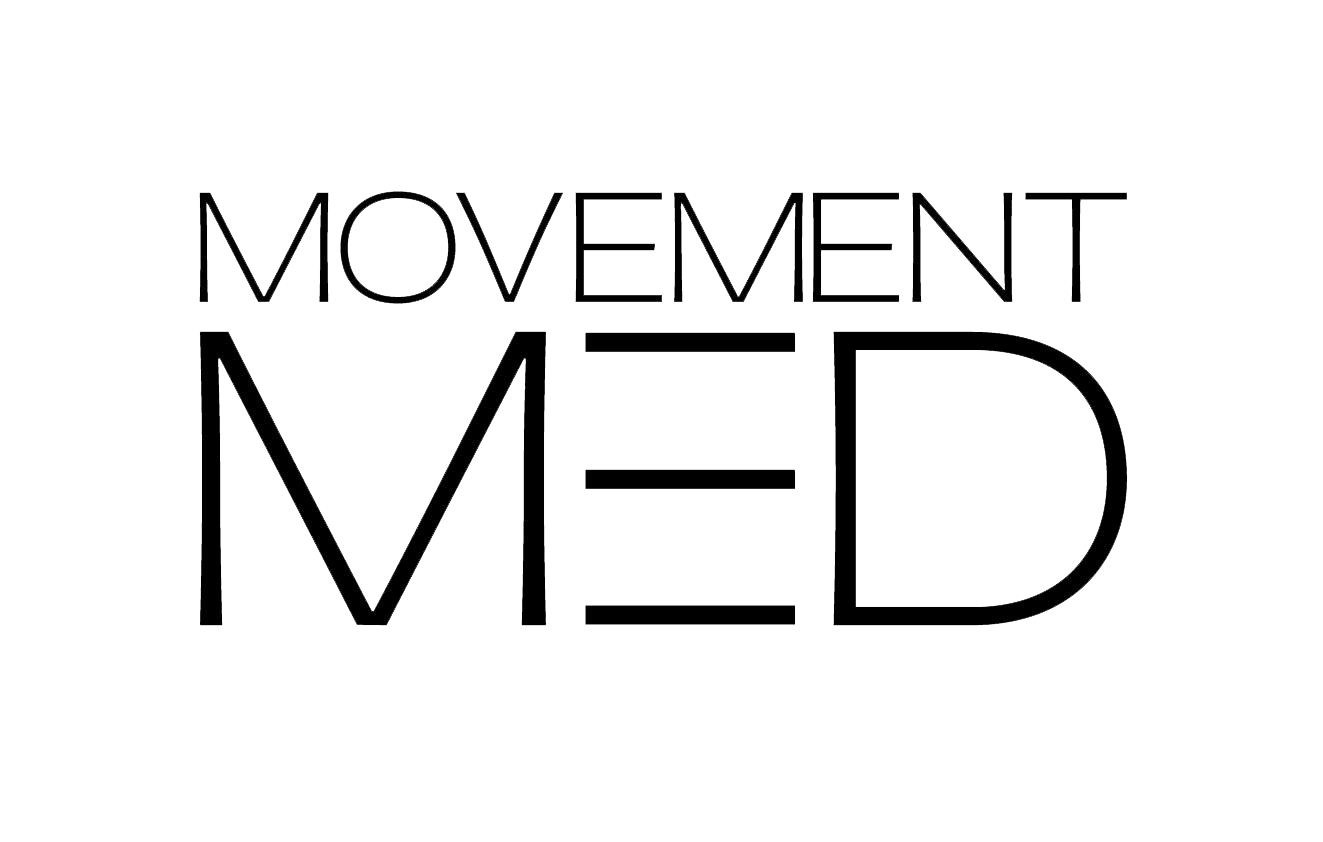The Connection Between Balance and Cognitive Health in Adults
The Connection Between Balance and Cognitive Health in Adults
Maintaining physical balance is not just about preventing falls; it’s also intricately linked to cognitive health. Emerging research in medical and psychological fields underscores the importance of balance as a marker and contributor to cognitive function in adults.
The Mechanisms of Connection
Balance, or postural control, is a complex skill involving sensory input, motor responses, and central nervous system integration. The cerebellum, a brain region traditionally associated with motor control, also plays a role in cognitive processes such as attention, language, and executive function. This overlap suggests that impairments in balance could reflect or even contribute to cognitive decline.
Evidence from Medical Studies
A study published in the journal Frontiers in Aging Neuroscience found that poorer balance performance was significantly associated with lower cognitive function in older adults. The researchers assessed participants using both cognitive tests and balance assessments, discovering a clear correlation between the two domains.
Another significant study in the Journal of Alzheimer’s Disease demonstrated that individuals with mild cognitive impairment (MCI) exhibited poorer balance compared to cognitively healthy individuals. This study suggested that balance assessments could serve as an early indicator of cognitive decline, potentially aiding in early diagnosis and intervention strategies for conditions like Alzheimer’s disease.
The Role of Physical Activity
Physical activity, particularly exercises focusing on balance and coordination, has been shown to have a positive impact on cognitive health. A randomized controlled trial published in Neurology revealed that older adults who engaged in regular balance and coordination exercises showed improvements in both balance and cognitive performance. This suggests a bidirectional relationship where enhancing balance through physical activity can concurrently boost cognitive functions.
Effective Exercise Routines for Improving Balance
Several studies have highlighted specific exercise routines that are particularly effective in improving balance and, consequently, cognitive health:
Tai Chi: A study in the Journal of the American Geriatrics Society found that older adults who practiced Tai Chi for six months showed significant improvements in balance and reductions in fall risk. Tai Chi’s slow, deliberate movements enhance proprioception and coordination, contributing to both physical and cognitive benefits.
Yoga and Pilates: Research published in Complementary Therapies in Medicine indicated that older adults who participated in a 12-week yoga and pilates program experienced improved balance, flexibility, and mental well-being. Yoga and Pilates’ emphasis on body awareness and controlled movements can strengthen both the body and mind.
Strength and Balance Training: A study in The BMJ demonstrated that a combination of strength and balance exercises, such as standing on one leg, tandem walking, and resistance training, significantly improved balance and reduced fall risk in older adults. These exercises not only enhance muscle strength but also improve the neural mechanisms involved in balance and coordination.
Dance-Based Exercise: According to research in the Journal of Aging and Physical Activity, dance-based exercise programs, like ballroom dancing or folk dancing, have been shown to improve balance, gait, and cognitive function in older adults. The complex movements and rhythm of dance stimulate both physical and cognitive systems.
Integrating balance training into routine physical activity programs for adults, especially older adults, could serve as a preventative measure against cognitive decline. The connection between balance and cognitive health is a compelling area of research with practical applications for enhancing the quality of life in adults. By understanding and leveraging this relationship, it is possible to develop more comprehensive strategies for maintaining both physical and cognitive health as we age.
References:
Frontiers in Aging Neuroscience, "Balance Performance and Cognitive Function in Older Adults: A Cross-Sectional Study"
Journal of Alzheimer’s Disease, "Balance Impairment in Individuals with Mild Cognitive Impairment"
Neurology, "Effects of Balance Training on Cognitive Function in Older Adults: A Randomized Controlled Trial"
Journal of the American Geriatrics Society, "The Effects of Tai Chi on Balance and Fall Prevention in Older Adults"
Complementary Therapies in Medicine, "The Impact of Yoga on Balance, Flexibility, and Mental Well-Being in Older Adults"
The BMJ, "Strength and Balance Training for the Prevention of Falls in Older Adults"
Journal of Aging and Physical Activity, "Dance-Based Exercise and its Impact on Balance and Cognitive Function in Older Adults"
Erica Mott
Movement Med
